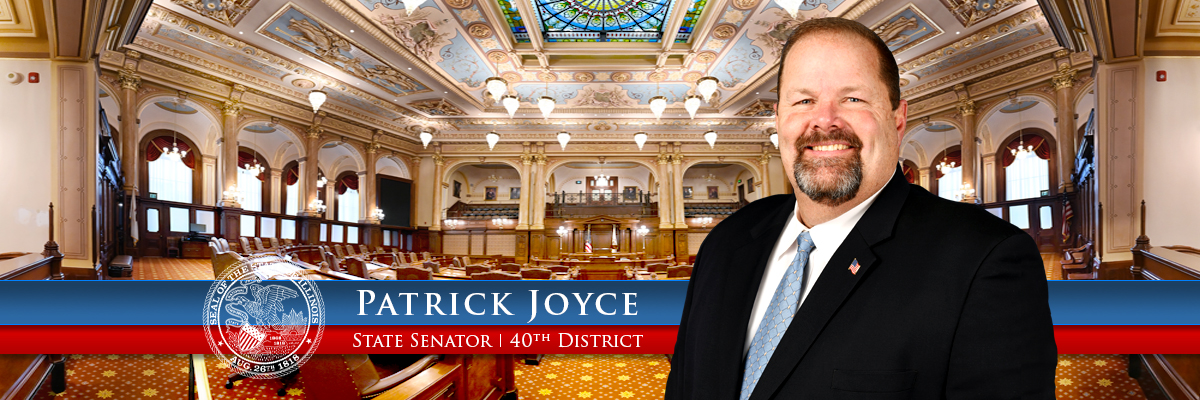
SPRINGFIELD – The Southland Reactivation Act, championed by State Representative Anthony DeLuca (D-Chicago Heights) and State Senator Patrick Joyce (D-Essex), passed the Illinois Senate on Friday.
“This will help bring new business to the Southland by incentivizing the revitalization of commonly overlooked properties,” Joyce said. “This legislation is a major victory for our Southland community.”
The act would create a tax abatement incentive to property developers who purchase commercial and industrial property in the Southland. The bill targets commercial and industrial properties that have shown a clear pattern of economic stagnation or decline of real estate taxes as a result of depressed conditions. The property must be located in Bloom, Bremen, Calumet, Rich, Thornton or Worth Townships in Cook County.
“The Southland Reactivation Act is an exciting economic tool we can use to attract investment to our community,” DeLuca said. “By encouraging businesses to move into the area and create jobs, we’ll create an environment that expands the local tax base and drives down property tax costs on homeowners.”
Identified properties that meet qualifying criteria would be assessed at 50% of the last known equalized assessed value. For the first year a property is certified as a southland reactivation property, the aggregate tax bill liability for the property cannot exceed $100,000. Discounts on the liability would decrease gradually, but continue for a total of 12 years.
“South suburban municipalities are thrilled with the passage of the Southland Reactivation Act and look forward to having a new economic development tool in our toolkit to get tax exempt and long vacant commercial and industrial property back on the tax rolls”, said Kristi DeLaurentiis, South Suburban Mayors and Managers Executive Director. “This innovative law will allow communities to address blight and bring in new investment, new jobs, economic recovery and tax base growth benefitting everyone.”
The Southland Reactivation Act is contained in Senate Bill 3189. The legislation passed the Illinois Senate and now heads to the governor for further action.




